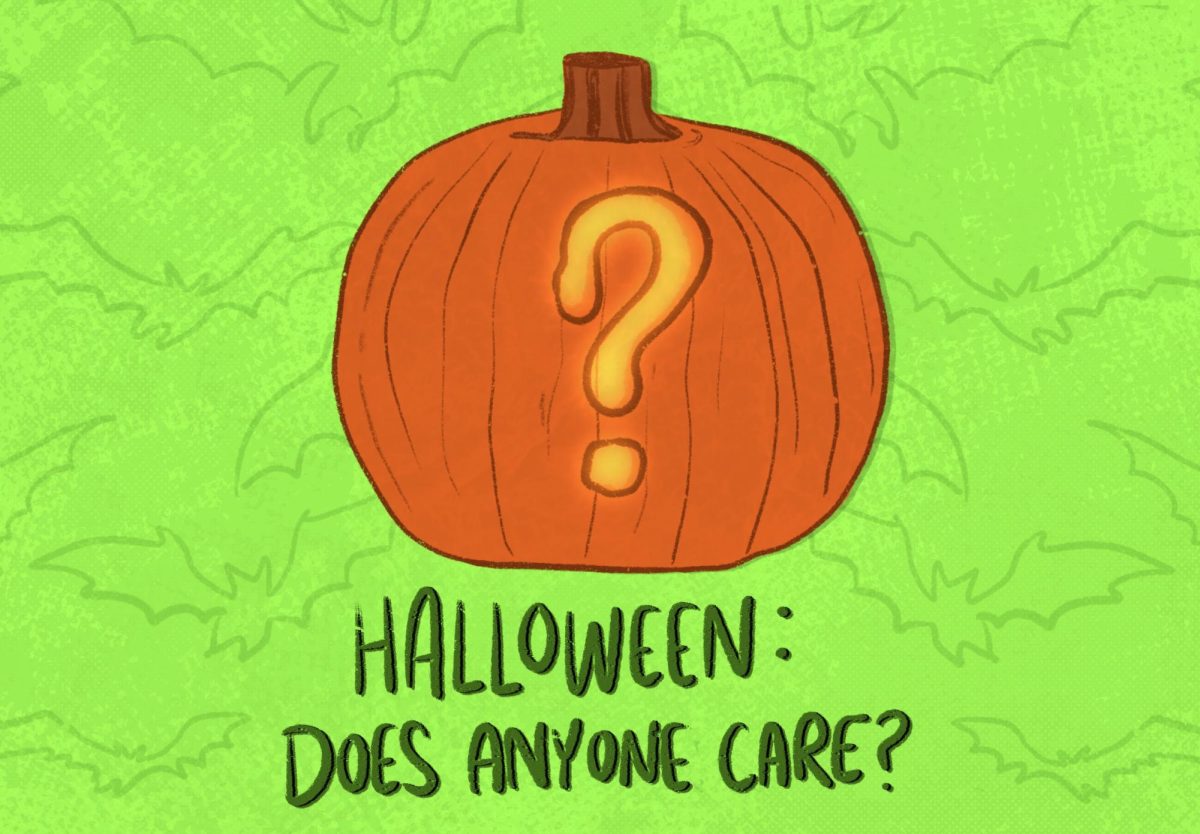The more high school students take college classes, the more college becomes like a glorified high school.
It’s hard to admit—especially because I earned a few college credits during high school—but until we stop seeing college as something to finish as quickly as possible, the power of our higher education system will continue to decline.
Rather than supporting the pursuit of knowledge and experience, which should be the goal of higher education, college classes in high schools create the culturally destructive mindset that higher education is something to race through as quickly and cheaply as you can, so you can get a high paying job and start earning money.
Money seems to be the primary motivation for everyone who champions the college during high school programs. Parents support it because finances are tight and college tuition is intimidating.
Some employers enjoy it because it provides them with newer, younger members of the workforce. The government benefits because it uses up less of its education budget, and those new members of the workforce become taxpayers.
Obviously, money naturally plays a key role in choosing to attend a university because the costs of a four-year program can be daunting, but earning a higher education is one of the greatest investments you can make.
Receiving a lot of college credits in high school to save money and expedite your university graduation date only dilutes your educational experience and puts you in the nine to five work force sooner than usual, causing you to miss out on the transition from youth to adulthood that a four-year span at a university can provide (e.g., breaking away from parents, being immersed in a diverse community, etc…).
Not only does speeding through college damage your educational experience, but it also compromises the effectiveness of democracy. The goal to receive a diploma as quickly as possible just to become eligible for a specific job skips over the important goals of becoming fully knowledgeable and engaged in society.
How can we take advantage of freedoms like voting, serving jury duty, and raising families if our primary vision for higher education is career training instead of becoming well-rounded and informed participants in the world?
____________________________________________________________________________________________________
Joanna Peterson/Managing editor
[email protected]







Mr. Wake Up Call • Feb 11, 2013 at 6:27 pm
This is to the statement above made by Amanda Marsh. You spelled “autistic” wrong. Thanks for contributing to society but you totally forgot to take your general education courses in english.
Amanda Marsh • Apr 24, 2012 at 1:04 pm
I completely disagree with what is being said in this article. I am a 2004 alum of Linfield and went on to get my Master’s degree in psychology from Pepperdine University. I played volleyball and basketball for Linfield, and I graduated with my four year B.A. degree in just THREE years. I took 18-20 credits some semesters and took summer classes. I DID NOT miss out on anything by graduating a year early, and in fact it was very beneficial and better. I saved nearly $30,000 learning what same people take 4-7 years to learn in only 3. It is not necessary to take four years and I feel I contribute just as much, if not more, to society. I am now an Air Traffic Controller and I have helped many people as their therapist over the years including artistic children and foster children. I thought the premise, and judgemental assumptions in this article were completely rude and inappropriate. I had an advisor in college who tried to tell me I couldn’t take summer classes or finish early. This is a decision for each individual and doesn’t have any reflection on what type of contributor to society they will be.